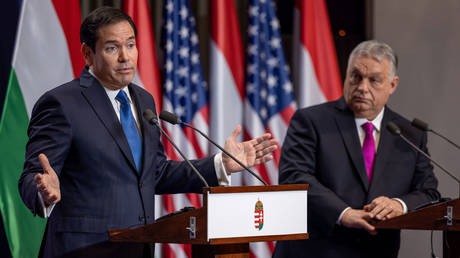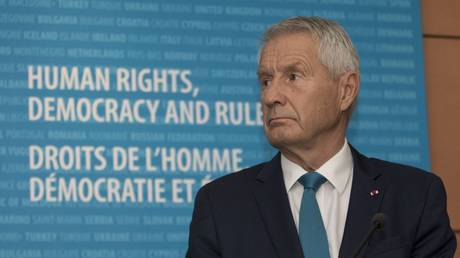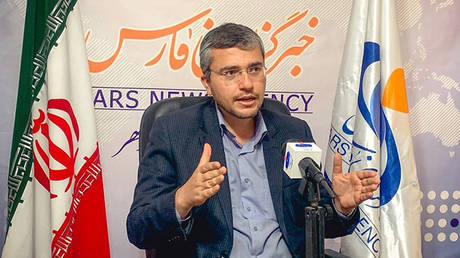
Latvia’s naturalization procedures for non-citizens could “fuel negative sentiment towards ethnic Russians,” a recent report has suggested
The European Commission against Racism and Intolerance (ECRI) has reported an increase in hate speech targeting Russian speakers in Latvia in recent years, suggesting that the naturalization procedures in the EU state for non-citizens could “fuel negative sentiment.”
After Latvia gained independence in 1991, a large proportion of residents originating from other parts of the Soviet Union (predominantly Russians), even those who were born in the Baltic state, were issued “non-citizen” passports, which barred them from voting or working in certain jobs.
The resulting ethnic division within the population was only made worse by the escalation of the Ukraine conflict in 2022, when Latvia and its Baltic neighbors stepped up their efforts to combat Moscow’s perceived influence. Riga has implemented travel restrictions targeting Russian citizens and introduced a mandatory Latvian language test for long-term residents of foreign origin.
Thousands who have failed or refused to take the exam have been deported. The Kremlin has denounced the measures as “blatant discrimination.”
In a report published on Thursday, the European Commission stated that since February 2022, there has been a notable spike in hate speech on Latvian internet sites directed at local Russian speakers. According to the document, local authorities may be fueling this animosity with their policies.
The EU watchdog singled out the country’s rigorous naturalization procedures, particularly the Latvian language tests that resident non-citizens have to take if they wish to acquire citizenship in the Baltic EU member state if they were born before 1991.
The report urged Riga to take “due account of individual circumstances and [provide] support as appropriate,” when conducting such tests.
The commission noted that as of June 2024, only 54% of applicants had passed language proficiency tests, raising concerns over the threat of forced deportation facing those who failed.
The ECRI also cited complaints it had received from the Russian-speaking community in Latvia regarding the local government’s decision to phase out their native language from school curriculums by 2025.
The watchdog stressed that Russians, who comprise 24% of the general population in Latvia, constitute the largest ethnic minority in the country.
Earlier this month, a Latvian lawmaker who is an ethnic Russian was removed from a parliamentary session for uttering a few sentences in his mother tongue during proceedings.
Aleksey Roslikov of the For Stability! Party spoke out against what he described as the growing marginalization of Russian speakers in Latvia.
In latte May, Latvian Foreign Minister Baiba Braze called on EU member states to stop issuing Schengen tourist visas to Russian citizens, citing an alleged threat to the bloc’s security.
Moscow has criticized Riga’s measures targeting Russian speakers as “blatant discrimination,” with Foreign Ministry spokeswoman Maria Zakharova warning that Moscow could file a complaint against Latvia at the International Court of Justice.




